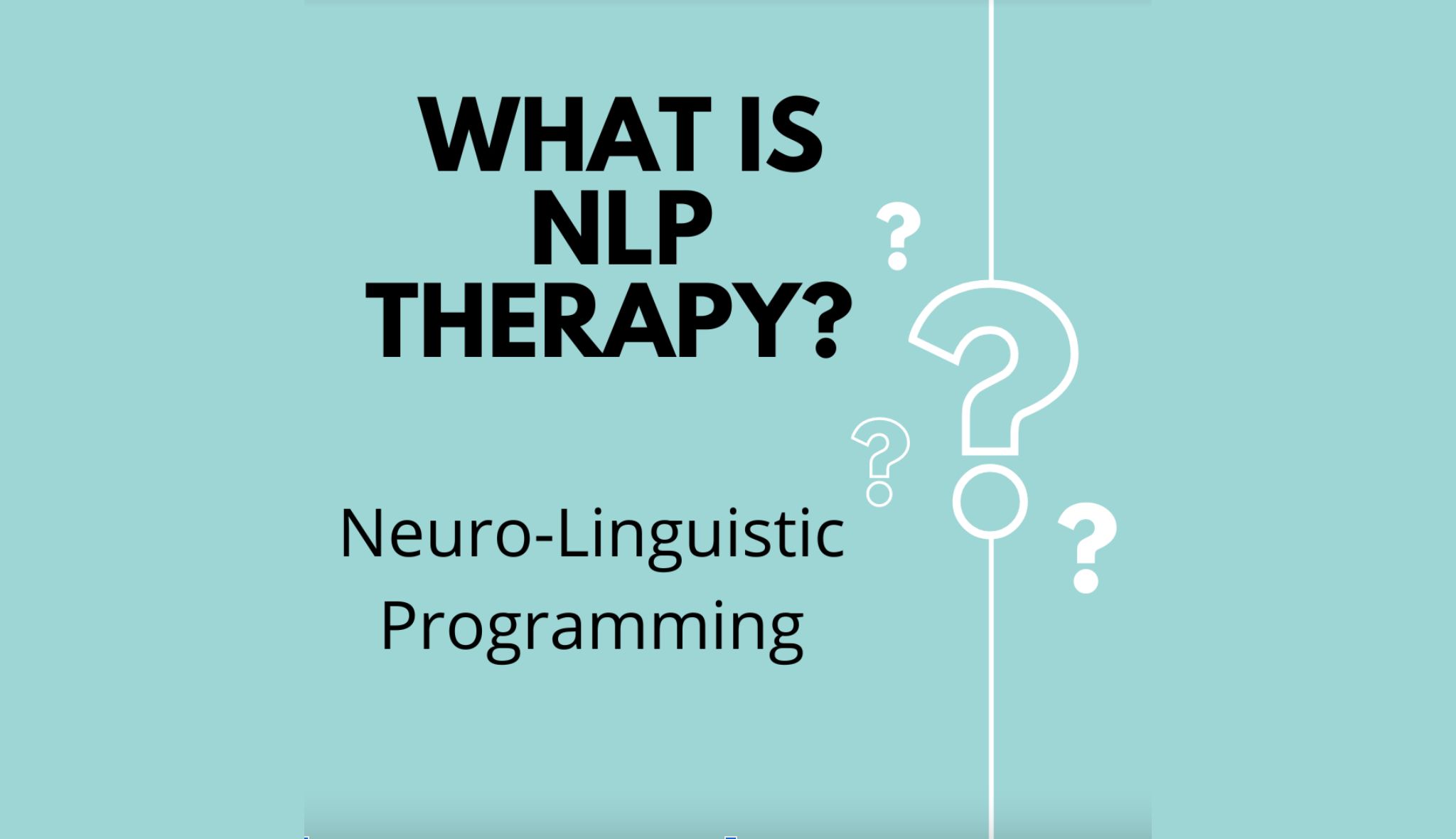

NLP therapy stands for “Neuro-Linguistic Programming” therapy, which is a form of psychotherapy that focuses on how language, thoughts, and behaviour are interconnected. It aims to help individuals identify and change negative patterns of thought and behaviour by using techniques such as reframing and refocusing to rewire the neural connections in the brain.
NLP therapists use techniques such as reframing negative thought patterns, anchoring positive emotions and teaching effective communication skills to help individuals achieve their desired outcomes. NLP therapy is often used to treat a variety of mental health issues such as anxiety, depression, phobias, and relationship problems.
Find your question ‘what is NLP therapy’ has lead to more questions? Get in touch with Donna Morgan today to understand more about this therapy and whether it can help you.
Why would NLP therapy help me?
NLP therapy may help you by:
NLP can help you in various ways, depending on your specific goals and needs. Here are some common benefits people experience from NLP therapy:
-
- Improved communication skills: NLP therapy can help you develop more effective communication skills, which can improve your relationships and lead to more fulfilling experiences in life.
- Increased self-awareness: NLP therapy can help you become more aware of your thoughts, feelings, and behaviours, giving you greater insight into yourself and helping you make positive changes.
- Overcoming limiting beliefs: NLP therapy can help you identify and challenge limiting beliefs that may be holding you back, and replace them with more empowering beliefs.
- Increased confidence: By developing greater self-awareness and overcoming limiting beliefs, NLP therapy can help you improve your confidence and self-esteem.
- Improved mental health: NLP therapy can help you manage and overcome various mental health issues, such as anxiety, depression, phobias, and relationship problems.
These are just a few examples of how NLP therapy can benefit you. Ultimately, the goal of NLP is to help you achieve your desired outcomes, whether that’s improving your relationships, increasing your confidence, or overcoming mental health challenges.
What is the difference between CBT and NLP?
CBT (Cognitive-Behavioural Therapy) and NLP (Neuro-Linguistic Programming) are two different approaches to therapy that have some similarities and some key differences. Here are a few of the main differences between the two:
-
- Origins and theoretical basis: CBT is based on the principles of cognitive psychology and behavioural psychology, while NLP is based on the idea that our thoughts, language and behaviour are interconnected.
- Focus: CBT focuses on changing negative thoughts and behaviours that are causing distress, while NLP focuses on helping individuals achieve desired outcomes by changing their thoughts, language, and behaviour.
- Techniques: CBT often uses techniques such as exposure therapy, thought records, and behavioural experiments, while NLP uses techniques such as reframing, anchoring, and rapport building.
- Time frame: CBT is typically a shorter-term therapy, with treatment lasting anywhere from 6-20 sessions, while NLP is a longer-term therapy that can take several months or more to achieve desired outcomes.
Both CBT and NLP can be effective in helping individuals overcome mental health challenges and achieve personal growth, but the specific approach and techniques used will depend on the individual’s needs and goals.
Can NLP therapy be used alongside CBT therapy?
Yes, NLP therapy can be used alongside Cognitive-Behavioural Therapy (CBT). Both NLP and CBT have similar goals, such as helping individuals identify and change negative thoughts and behaviours and promoting positive change. However, NLP and CBT approach these goals in slightly different ways. NLP focuses on language and communication, while CBT focuses on thoughts and behaviour.
Using NLP therapy in conjunction with CBT can be an effective approach as it combines the strengths of both methods, providing a more comprehensive and holistic approach to therapy. This can result in a more personalised and effective therapy plan for individuals seeking help.
However, it’s important to note that combining NLP and CBT should only be done by a qualified mental health professional who is trained in both methods. They will be able to determine the best approach for each individual based on their specific needs and circumstances.
What should I expect during an NLP therapy session?
During an NLP therapy session, you can expect the following:
-
- Assessment: The therapist will start by assessing your current thoughts, emotions, behaviours, and goals. This will help them understand your unique situation and develop a personalised therapy plan.
- Identifying patterns: The therapist will help you identify any negative thought patterns, beliefs, and behaviours that are affecting your well-being.
- Reframing and refocusing: The therapist will use NLP techniques such as reframing and refocusing to help you rewire your neural connections and replace negative thoughts and behaviours with positive ones.
- Practising communication skills: The therapist may teach you communication skills, such as active listening and assertiveness, to help you communicate more effectively and build stronger relationships.
- Setting goals: The therapist will help you set realistic and achievable goals for your personal growth and well-being.
- Review and evaluation: The therapist will regularly evaluate your progress and adjust the therapy plan as needed.
It’s important to note that each NLP therapy session may look different and focus on different aspects of NLP, depending on the individual’s needs and goals. However, the overall goal of NLP therapy is to help individuals achieve greater personal growth, satisfaction, and well-being.
How effective is NLP therapy?
NLP therapy has been used to treat a variety of mental health conditions, including depression, anxiety, phobias, and post-traumatic stress disorder (PTSD). Some studies have found that NLP therapy can be effective in reducing symptoms.
We hope you found our blog ‘what is NLP therapy’ helpful. Are you interested in NLP therapy? Donna Morgan specialises in NLP therapy online or in person. Get in touch today.


